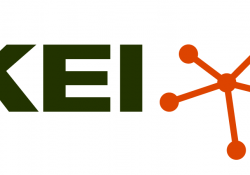UPDATE: TRIPS Council (Oct. 2014): Ukraine requests discussion on compatibility of tobacco plain packaging measures with TRIPS
UPDATE: On 17 October 2014, the Secretariat of the World Trade Organization (WTO) circulated an updated WTO airgram WTO/AIR/4358 REV. 1 to its Members following a request by Ukraine. Ukraine requested the addition of an item on “Concerns with Respect to Measures Related to Plain Packaging of Tobacco Products and their Compatibility with the TRIPS Agreement.” This will be discussed under agenda item 13. Continue Reading


